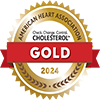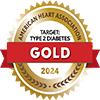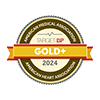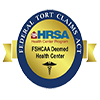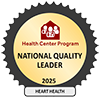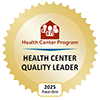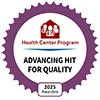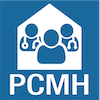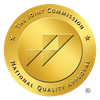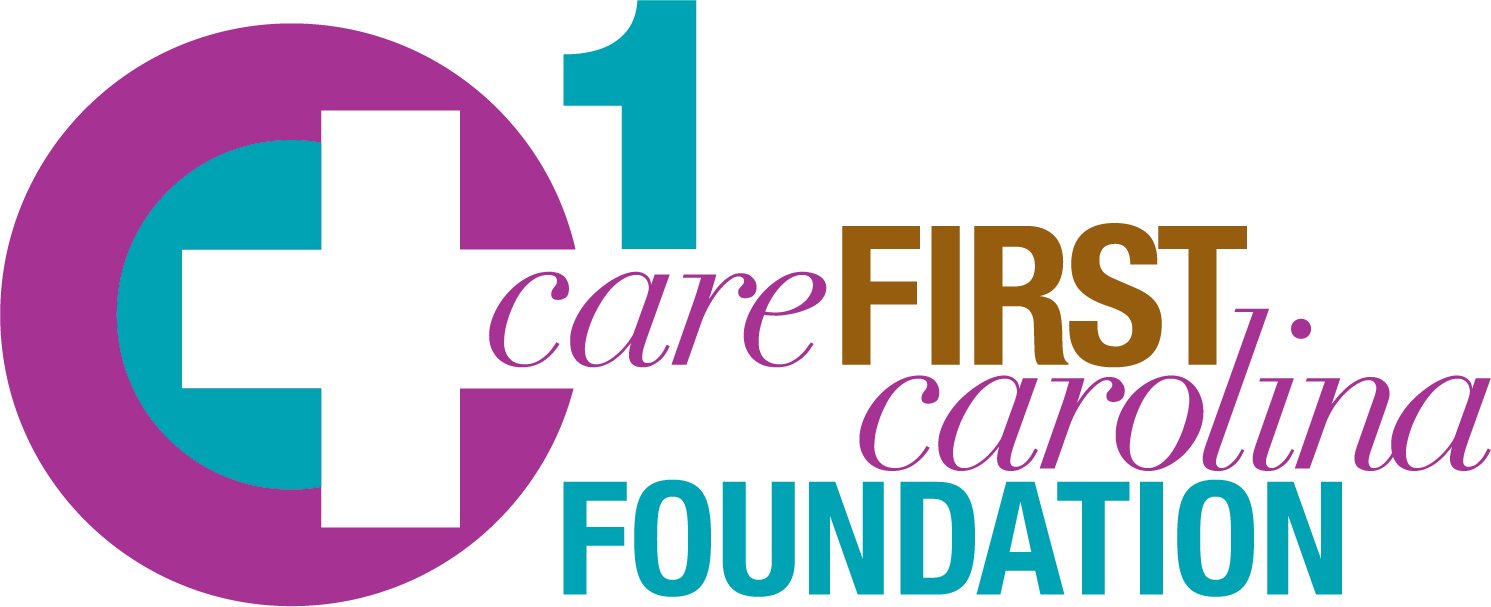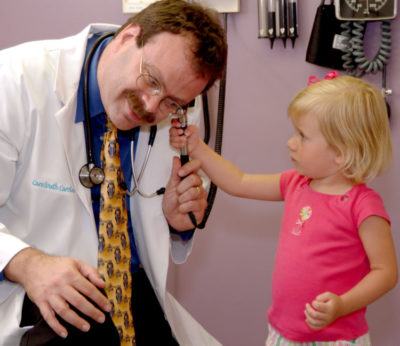A Strong Public Health System Requires A Strong System of Community Health Centers
As healthcare workers across the nation continue to be on the frontlines while fighting the COVID-19 spread, a strong system of community health centers are required for the public health system to prosper.
What is a Community Health Center?
Health centers are community-based and patient-directed organizations that deliver comprehensive, culturally competent, high-quality primary health care services. Health centers also often integrate access to pharmacy, mental health, substance use disorder, and oral health services in areas where economic, geographic, or cultural barriers limit access to affordable health care services. Health centers deliver care to the Nation’s most vulnerable individuals and families, including people experiencing homelessness, agricultural workers, residents of public housing, and the Nation’s veterans.
Here’s a look at some of the national needs for community health centers, according to National Association of Community Health Centers.
1) COVID-19 EMERGENCY: $7.6 BILLION OVER 6 MONTHS
For detection, prevention and diagnosis of COVID-19. Plus, these funds will provide resources to address health center revenue losses and enable them to stay open, and in so doing alleviate some of the pressure on hospitals.
2) STABLILIZE CURRENT SERVICES AND EXPAND CARE TO 10 MILLION PATIENTS: $41.9 BILLION OVER 5 YEARS
Recovery from the COVID-19 pandemic will likely result in increased demand for essential primary care services. Health centers need long-term financial stability to maintain current services, meet staffing needs and deliver reliable, quality services. Managed growth of health center capacity will allow expansion of services to additional medically underserved patients in high need areas, in response to the COVID-19 aftermath and provide services to ALL regardless of ability to pay.
3) CRITICAL EXPANSION OF WORKFORCE PROGRAMS TO ADDRESS SHORTFALL: $7.8 BILLION OVER 5 YEARS
- National Health Service Corps Loan Repayment Program: $6 Billion over 5 years
- Teaching Health Centers GME Program: $0.931 Billion over 5 years
- Nurse Corps Loan Repayment Program: $0.87 Billion over 5 years
Beyond current workforce shortages in underserved areas, Federal government data projects a national shortfall of up to 160,000 physicians and one million nurses by 2025. Expanding these proven workforce programs will bring providers to practice in medically underserved communities and help address the primary care shortage. Estimate: additional 50,000 clinicians in health centers.
4) CRUCIAL INFRASTRUCTURE INVESTMENT: $20 BILLION OVER 5 YEARS OR UNTIL EXPENDED
There has not been significant investment in health center capital funding since ARRA in 2009. This funding will address the critical facility needs, as well as, acquisition and upgrades of needed equipment and technology to develop integrated systems of care, including data tracking and sharing, virtual/telehealth visits, and other collaborative efforts to cut costs and improve care. Beyond the
COVID-19 crisis, health centers must plan, prepare and position for future emergencies among their
12,000 urban and rural communities.
OTHER CRITICAL NEEDS:
- Telehealth: The Cares Act gave health centers limited reimbursement for providing telehealth services to Medicare patients in their homes; However, the rates are insufficient. Further statutory changes are needed to ensure that payment is consistent with current Medicare and Medicaid statute and policy. Bill language will be provided.
- 340B: Protect health centers’ ability to retain 340B savings on drugs dispensed to Medicaid
Managed Care patients consistent with current statute. Bill language will be provided.




